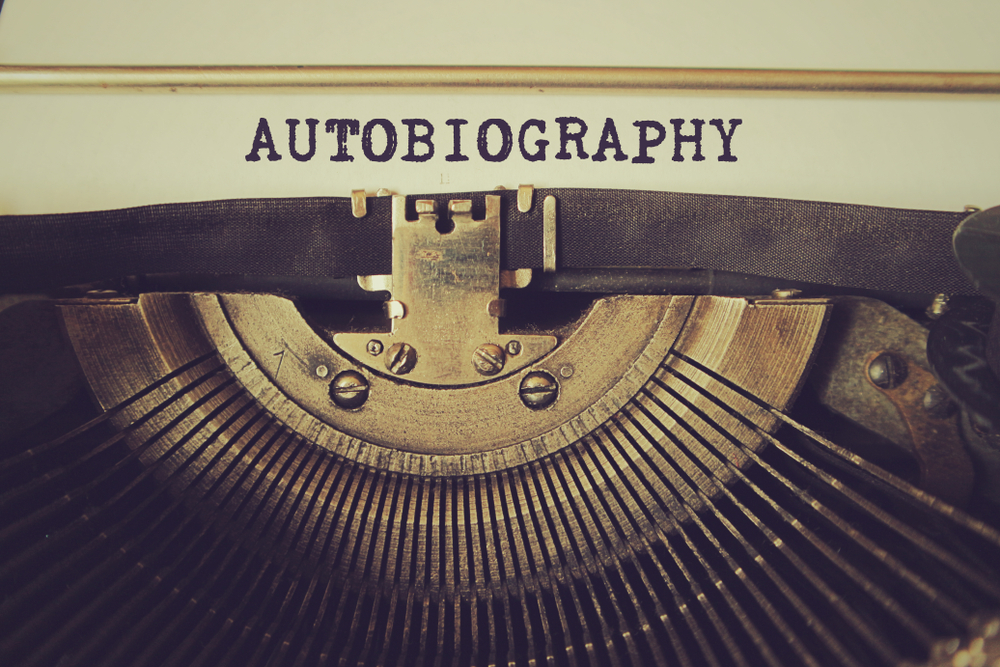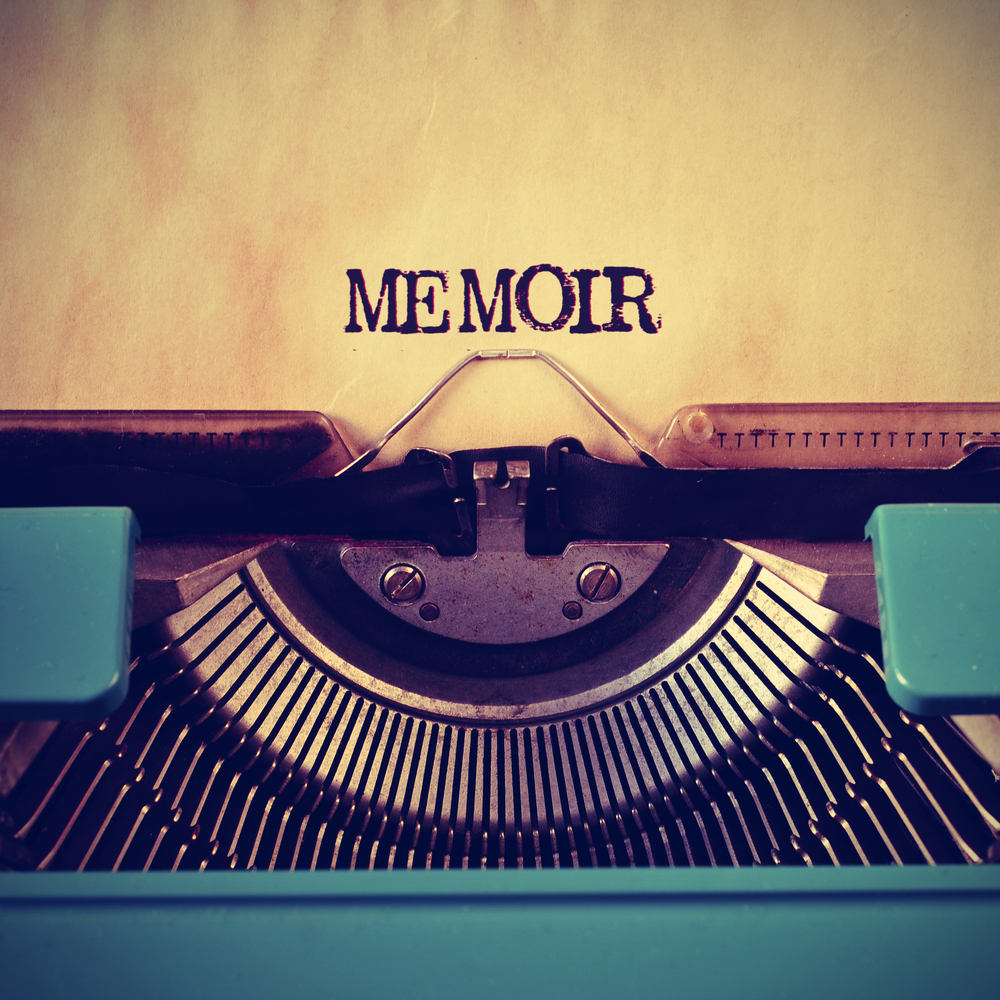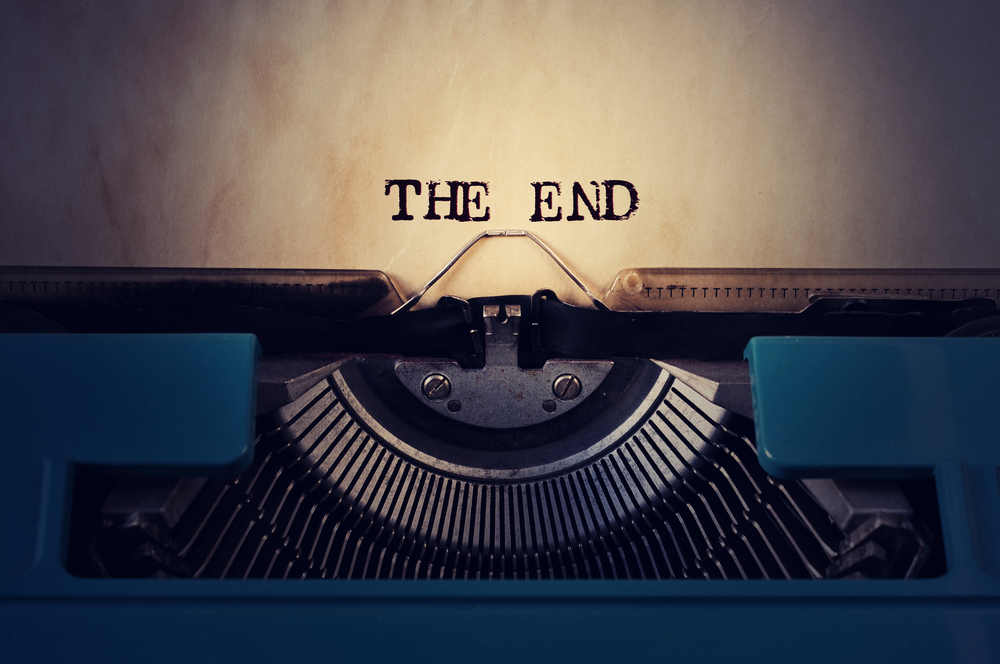Genre Spotlight: Autobiography/Memoir
Writing is an extremely personal experience. Whether you’re writing a fantasy book, a mystery novel, or a sci-fi odyssey, every form of writing involves putting pieces of yourself on display for the world to see. Private thoughts, deepest dreams, and the darkest parts of yourself are showcased to the world through your characters and stories. It’s all deeply personal, but there’s none more personal than the writing of an autobiography or memoir. Suddenly, you no longer have the luxury of passing off your deepest thoughts and feelings onto your characters. It’s just you and the reader, no veil or disguise between you. It can make you feel like you’re standing naked in front of a crowd, but (deep breath) it’s not as scary as it seems. Here are some tips on tackling the most personal of writing genres:

Memoir vs. Autobiography: Know the difference
Writers often make the mistake of using these two terms interchangeably, but they are actually two very different things. An Autobiography is the story of the entirety of one’s life. All of the events one has experienced or remembers from birth to present. Typically these are done chronologically with an emphasis on factual information, but that isn’t required.
A Memoir, however, draws on a select set of stories or anecdotes from your life to support a specific theme or message. This message would either be something the readers are meant to learn from or a statement on the human condition as a whole. So, for example, say you wanted to write about your experiences being a victim of domestic violence. A memoir would involve pulling the specific stories necessary to tell your experience with that part of your life and, ultimately, how you overcame it and the lessons you learned along the way.
Choose Wisely
Which you choose, ultimately, depends in part on both your goals as well as your influential status. So, for example, if you’re writing the book to be a piece of you to leave with family so they have a chronical of your life, an Autobiography would be best. In addition, an Autobiography would also work well if you’re a celebrity or an influential public figure. When you have influence, readers clamor to hear all of the intricate details of your entire life.
However, should neither of those be the case, we’d recommend going with the Memoir format. This style is more about allowing readers to experience and learn from your life and, if you’re hoping to be established as a writer through this book, this is the right way to go. The focus of a Memoir is more to how to allow readers to gain something valuable from your book, which is conducive with building a following.

Choose a Theme
If you choose to write a Memoir, your first step will be choosing a theme. You’ll likely already have something in mind because that’s typically what prompts people to pursue Memoir writing in the first place. But think on the subject in more detail. You may have a traumatic experience or unique upbringing you’d like to share, but ask yourself: How did the experience affect me? How does it still affect me? Did I overcome the adversity I faced? If so, what did I learn from it? If not, why didn’t I? Make sure you’re choosing a subject that involves a conflict or a journey of some sort, otherwise readers won’t be able to gain any insight from your experiences. Think about it, if your book is about how you easily put yourself through grad school, how are readers supposed to relate? What would they learn from that experience?
Organize Your Story
This next step is applicable to both Autobiographies and Memoirs: get organized! Figure out the best order for the story you want to tell. For some, it’s chronological, but for others, their stories work best jumping back and forth in time. You want to create suspense, drama, and reveals–this is part of what makes any story good. Write down all the events that get the readers from point a (the conflict) and point b (learning the lesson) and figure out the most effective order of events.
Be Brutally Honest
You’re not going to like where we’re going with this, but bear with us. Some writers make the mistake of writing a memoir or autobiography that is actually a barely disguised Burn Book. They write the whole novel from the perspective of how blameless they are for every misfortune in their lives and how everything bad about their life is person A and person B’s fault. If you go this route, similar to the girls from Mean Girls, you’re making a big mistake -huge (different movie, but you get it).
Readers want to relate to you as the protagonist of this book and it can be difficult to relate to someone who paints themselves as perfect. In addition, if you make yourself seemingly flawless and blameless, you’ll come across as arrogant. Never be afraid to own up to things you’ve done wrong and paint a flawed picture of yourself. Not only will readers gain a lot more insight from an honest take, but they’ll relate and empathize with your journey a whole lot more.

Use Fiction Writing Techniques
This is solely for Memoir writers- start thinking like a fiction writer. The goal of your book is to create a compelling story with a specific theme or message that readers can receive. To do this effectively, you’ll need to think of yourself not as yourself, but as the protagonist of a story. Show details rather than tell them, create scenes in a visual and sensory way that readers can experience rather than simply hear about. Use direct and indirect dialogue, character arc, point of view, setups/payoffs, etc., the way a fiction writer would in order to tell a compelling tale that will hook readers in. Your life is no longer your life now, your life is a story. What does that story say?
